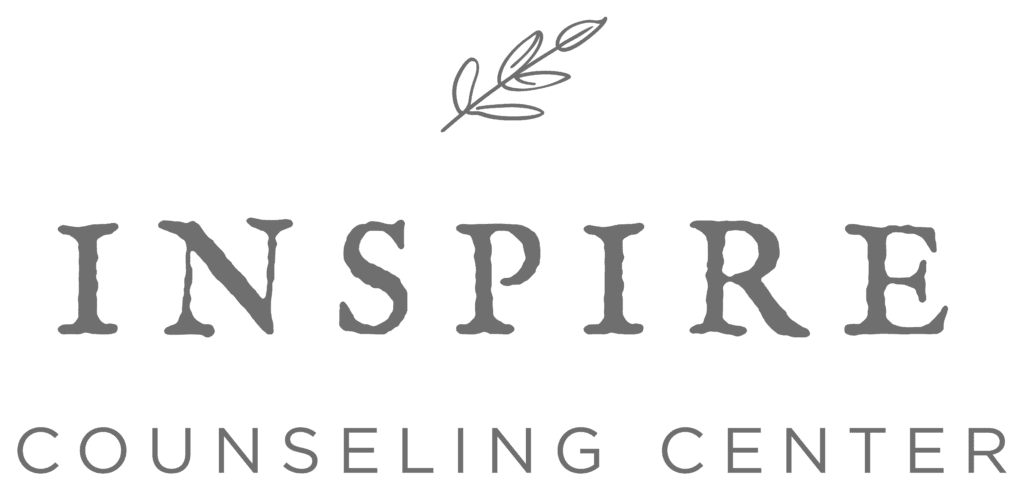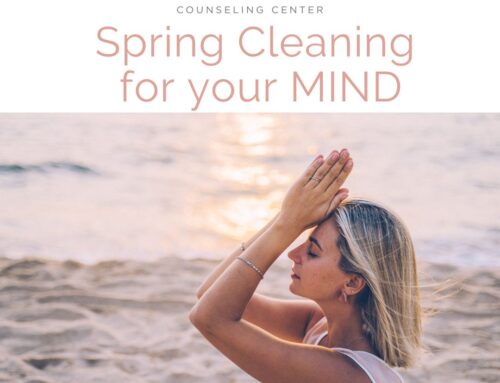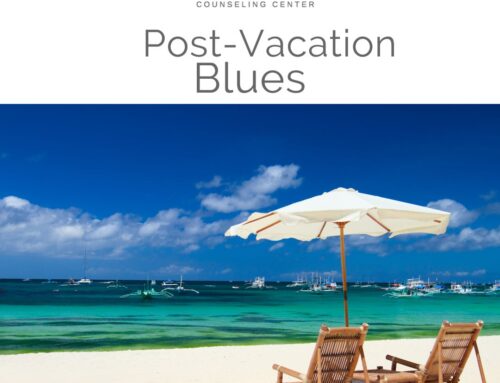Fresh Fall Starts
Tips on Using the New Fall School Year to Flourish
…..And just like that, we quite literally fall into a new season.
Currently, I am faced with both old and new feelings about the start to a school year. This is the first year that I will not be heading back to school in some way, shape or form. After completing my undergraduate degree, I began my graduate studies in counseling and, after that, I worked in schools for a number of years. It has been engrained in me that this time of year is directly correlated to new school supplies and stacks of syllabi.
Although my role has changed during this season, I do still greatly value what this time of year has to offer: a fresh start.
One of my many supervisors over the years once told me, “The beautiful thing about schools is that you can always get a fresh start.” The truth in her statement really struck me. This is an absolute chance to start a new year. If last year was spectacular, how can we make it better? If we found ourselves more in a funk, then let’s begin again. It is a wonderful gift to have the opportunity to start over and it is even more important to seize it.
When I worked as a school counselor, I noticed that, as with any transition, the beginning of a new school year brings up quite a bit of emotions for children, parents, staff and more. Excitement mixed with jitters is at an all time high.
In addition to this, once school starts, the adjustment can take some time. Going from more lackadaisical summer schedules and activities to stricter calendars, obligations and due dates is a stark jump. It takes time to ease into things, which sometimes requires us to sit in the grey area because, as we know, change is not black and white.
My experience with schools and the start to a school year is this: we need time to adjust.
Take school, for example. It is okay not to get the best grade on the first test. Usually it takes some time to vet out the teacher, his or her style in the classroom and what expectations are. It will come with time. Displaying unconditional positive regard when someone makes a mistake is key. This allows the person to learn and grow. That person might actually be your own self!
In addition to this, our bodies need time to adjust to the new agenda. In particular, our sleep/wake cycles as well as eating schedules might feel disrupted at first. Rather than starkly shifting, it may be more beneficial to start gradually making changes. For example, weaning off gradually from the occasional summer soda and switching to a more healthful and sustaining choice. Another example is structuring mobile device usage slowly so as to manage absorption of blue light. It may take some time to get used to going to bed earlier and rising earlier, however, small tweaks to blue light consumption can make the world of a difference and help recalibrate our circadian rhythms. Sleep is key but it takes time.
Finally, it is crucial to be kind to ourselves. Not only must we extend love to others but we must also practice self-love. With transition come speed bumps, roadblocks and other obstacles that are inevitable. We are all human and doing the best we can. This is more than good enough!
 Written by Gretchen Zagzebski, MEd, LPC
Written by Gretchen Zagzebski, MEd, LPC
Gretchen brings counseling experience in both a grade school (K-8) as well as a high school. In addition, she is a National Certified Counselor (NCC) and has also worked in the education department in the Madison Children’s Museum.
She understands and really “gets” the challenges that children and young adults face today and loves helping them thrive. Gretchen specializes in counseling for anxiety, depression, academic issue, ADHD, self-esteem, coping skills, grief and loss, life transitions, career counseling,.Gretchen is a collaborative clinician who has experience working with various stakeholders including school social workers, school counselors, parents, teachers and children. In addition, Gretchen loves helping young adults and couples preparing for marriage. Gretchen values the power of premarital counseling and can offer support and guidance to help each couple through the engagement to marriage.





